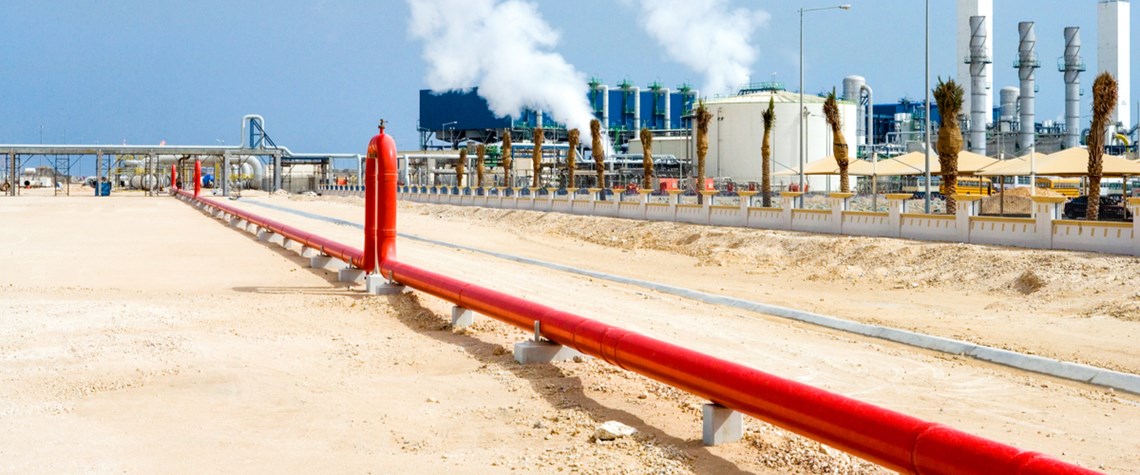Letter from the Middle East: Qatar rapprochement could bring gas benefits
Greater GCC harmony might offer an opportunity to untangle some of the Middle East’s notoriously illogical gas dynamics, but LNG looks more promising than pipelines
The Mid-East Gulf’s big political rift has ended with something more than a truce and less than a reconciliation. Three-and-a-half years after Saudi Arabia, the UAE, Bahrain and others announced an embargo on Qatar, diplomatic relations were restored in early January. Although underlying issues have not been resolved, a return to normal trade is promising for the gas business. Pipeline complications In the early 2000s, Qatar had ambitious plans to export some of its huge reserves by pipeline to its Gulf Cooperation Council (GCC) neighbours. But, after Saudi Arabia blocked a proposed pipeline to Kuwait that would have run through its territorial waters, only the Dolphin pipeline—which has a c

Also in this section
19 February 2026
US LNG exporter Cheniere Energy has grown its business rapidly since exporting its first cargo a decade ago. But Chief Commercial Officer Anatol Feygin tells Petroleum Economist that, as in the past, the company’s future expansion plans are anchored by high levels of contracted offtake, supporting predictable returns on investment
19 February 2026
Growth in LNG supply will surpass the rise in demand in 2026 for the first time in years, according to Mike Fulwood, senior research fellow at the OIES, but lower prices are likely to encourage fuel switching and could create more demand on a permanent basis
19 February 2026
Awais Ali Butt, manager for sales and business development at Pakistan LNG Ltd, discusses LNG’s role in energy security across developing, price-sensitive economies, as well as examining trade-offs between buying strategies and the impact of lower prices and policy on import behaviour
19 February 2026
LNG’s technical maturity, availability and price, as well as regulation, have driven its rapid adoption as a marine fuel, yet its future in shipping will depend on transition policies and progress in cutting methane emissions and scaling bio- and synthetic LNG, according to Carlos Guerrero at Bureau Veritas







